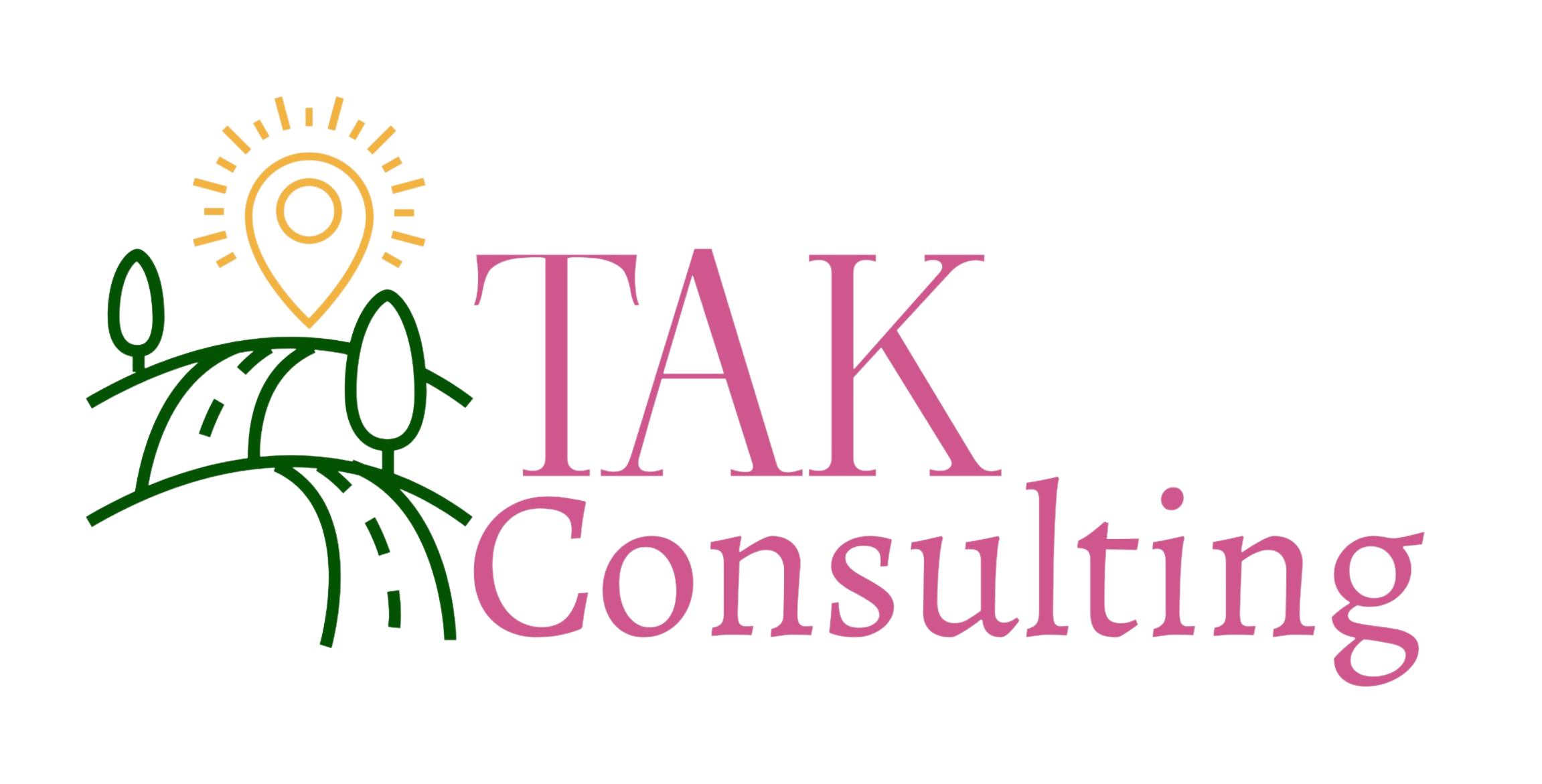The end of the year can be a stressful time for everyone; between the holidays, New Years’, and the dreaded tax season that looms over for April. As an accounting firm, we have our procedures in place for year end, but that could mean more ‘work’ from clients to obtain everything we need. Instead of all the back and forth, here are some ways to ensure your business is all set for your accountant and CPA at year end and why it’s important!
Gathering Documents for Year End
The type of business you own may require more things for year end, but there are many documents required for everyone. For starters, bank (and loan!) statements for the whole year. It seems obvious, but you may have missed one, or maybe you’ve been so busy you have forgotten to send the last few. Whatever the case may be, checking that your accountant/CPA has all your statements can save everyone some time. Furthermore, we require statements for every active business account and for each of those accounts, we need statements for every month. If a statement for December ends any time before the 31st, we will need January’s statement (the following month after December, into the new year) as well. Often, you see this with credit cards. For instance, your CC statement may end on the 9th every month. To accurately reflect the whole year for this account, we would need January 9th’s as it has information for December 10th to the 31st.
Next, if you do any type of contract work, confirm that you have all the needed W9s from each contractor. (Note that there are certain exclusions to this, so be sure to double check with your accountant/CPA if you are unsure or have any questions!) After that, review your transactions with no Vendor name. (In QuickBooks Online, also known as QBO, the Vendor is referred to as the person or business that that transaction went through. So if you bought food at Walmart, for example, the Vendor would be Walmart.) This is not as essential as the other tasks in this blog, but it can be important, as we’ll discover in the following section. Finally, review any other reports that your accountant/CPA may be missing that you want recorded in your books. For example, for many of our clients, we break-apart their sales to accurately reflect all the different types of things they are selling. These break-aparts always come from a report that, more often than not, the client is sending over to us. Now that you have a list of some of the vital documents needed, you may be wondering, “Why?”.
So WHY do we need all these things?
If you are unfamiliar with accounting, you may be questioning why all of these things are so important. You know that you have to hand these things over, but you are unsure what the exact reasoning is. First off, reconciliation is the process of using financial statements to verify, correct, and accurately reflect your current financial situation. In essence this means having bank statements allows us, the accountant/CPA, to make sure that your accounting software, (for us, we primarily deal with QBO), is reflecting what the bank is telling us you have done with your account throughout the year/months. This is why it is SO important to send over statements every month. We must see if the statements align for each individual month, and if we need to correct anything, we have to know all the transactions in said month from the bank statement.
Another thing a good accountant will need is all the W9s from contractors you’ve paid over the year. When you are an employee, you fill out a W2; if you are a contractor you fill out a W9. After a W9 is received, we can file 1099s- which is a tax form that shows different type of income that are not from employees. It is important that your business has all the W9s it needs so you, as the business owner, are not liable for any untaxed income on their part. Without a W9, there is no way to file a 1099, and thus you have no proof as to whether that money they received was ever taxed- which makes you liable for it. Finally, and although it is not a major issue, cleaning up your “Transaction without Payees” tab in QBO can be important. (Adding a Vendor as we talked about earlier.) Let’s say you have a $5.000.00 transaction coded as “Contract labor,” but they have no Vendor, how will we know who’s W9 to give? Additionally, cleaning up the Vendor list can verify that transactions are coded properly, and make your Book Review tab, in QBO, look cleaner!
Wrapping Up the Year End for Everyone!
Keeping these things in mind for year-end is helpful for everyone, but do not be afraid to ask your accountant or CPA any questions you may have! We are here to help your business grow and flourish through good financial planning! As a final parting note, it is a good habit to send all documents needed monthly, as well as checking in and reviewing these items throughout the year, to make year end easier on you as the business owner. This also allows time for a more in depth discussion about your financial reporting and how you can use those numbers to make better financial decisions in your daily operations.








